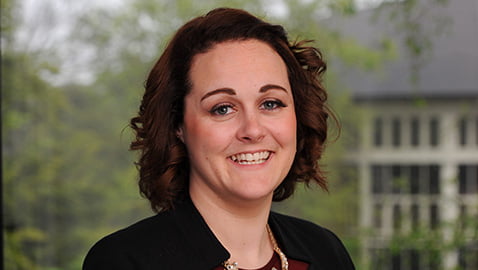
The summer sun is shining on optimistic brokers according to our latest Broker Barometer. Despite the worried noises being made about the impact of MMR, and further changes resulting from the transfer of consumer credit regulation from the OFT to the FCA, our latest survey has revealed a positive outlook amongst the 271 brokers who responded. With brokers throughout the country taking part, the picture of a rosy next 12 months is not restricted to just one region or one area of commercial mortgages.
Designed to capture the mood of the commercial intermediary market, the results for Q2 were encouraging, despite brokers having to prepare for and adjust to new regulations.
Economic confidence
A huge 81% of respondents predicted the UK economy would see growth, whether major or minor, over the next 12 months, with another 18% believing it would remain stable. Some of those who predicted a small amount of growth attributed it to a bright outlook and increasing consumer confidence, while others took a more London-centric view. The latter believed that economic growth would be stable thanks to the boom in London and the Southeast compensating for slower growth throughout the rest of the UK. Focusing within London, the improvement in infrastructure with the DLR and extension of Canary Wharf was noted as helping to create more permanent employment. This would, it was thought, result in far better growth in East London in the long term than in other parts of the city.
One particular broker agreed that GDP would indeed grow, but noted: “as this has been driven to a large extent by the construction sector, I would expect to see more moderation of activity in the next 12 months”. This may be because growth in construction has been driven largely by private house building and infrastructure, such as the Crossrail project, but the ONS reported in July that UK construction output has fallen since Q3 2013 and there is speculation of further decline.
A more cautious tone was evident amongst a small proportion, with one stating that rising interest rates would prevent major growth due to the cost of borrowing, causing consumer spending to decline. They commented further that: “wages are still stable so net spending power will not increase either”.
Booming businesses
When the brokers compared their own business volumes with Q1, a substantial 77% reported growth. Almost two-thirds (61%) saw growth of 10-20%, while a smaller but still significant number (16%) reported growth of 30% and higher. It appears that this positive news won’t be restricted to Q2 either: three-quarters (75%) of intermediaries believed their business volumes would increase over the next quarter, with just under 20% predicting they will stay the same.
Broker sentiment ranged from those saying they had a “general good feeling” about their business prospects in Q3, to those saying that they were looking to advertise and recruit staff. It was widely felt that confidence was returning, particularly amongst property investors, and that brokers and introducers were seeing more enquiries from clients who had taken a break from the market.
Growth inhibitors
Those who thought the UK economy and their business volumes wouldn’t grow cited the problem of there being no clear indication of who will win the next general election, creating some uncertainty and possible deferral of investments. Others mentioned government intervention around maximum borrowing limits as a reason for a lack of future growth, believing they would have a short-term impact as the market adjusts.
With regulation being high on the news agenda, it was revealing that over half (56%) of respondents said lenders placing restrictions on funding was the biggest challenge facing their business in 2014. Compared with this, the Mortgage Market Review (MMR) was seen to have a limited effect, with only a third of brokers seeing it as a challenge. Although over half believe further regulation by industry bodies would have an adverse effect on doing business, nearly one-third (31%) thought it would help to generate more trust in the broker model.
Overall, it seems the generally buoyant mood amongst brokers and introducers is set to continue, and it’s interesting to note the different views on regulatory change. The notes of caution are also encouraging as they suggest a more sustainable view of lending is permeating the market.
Karen Bennett is sales and marketing director at Shawbrook Bank